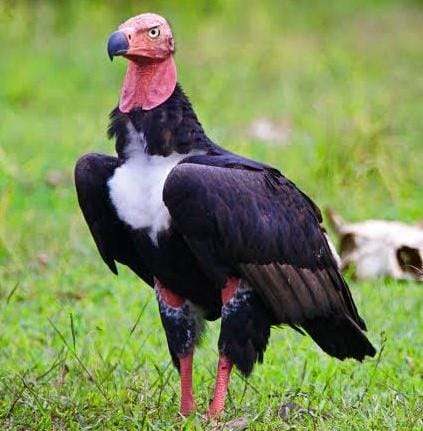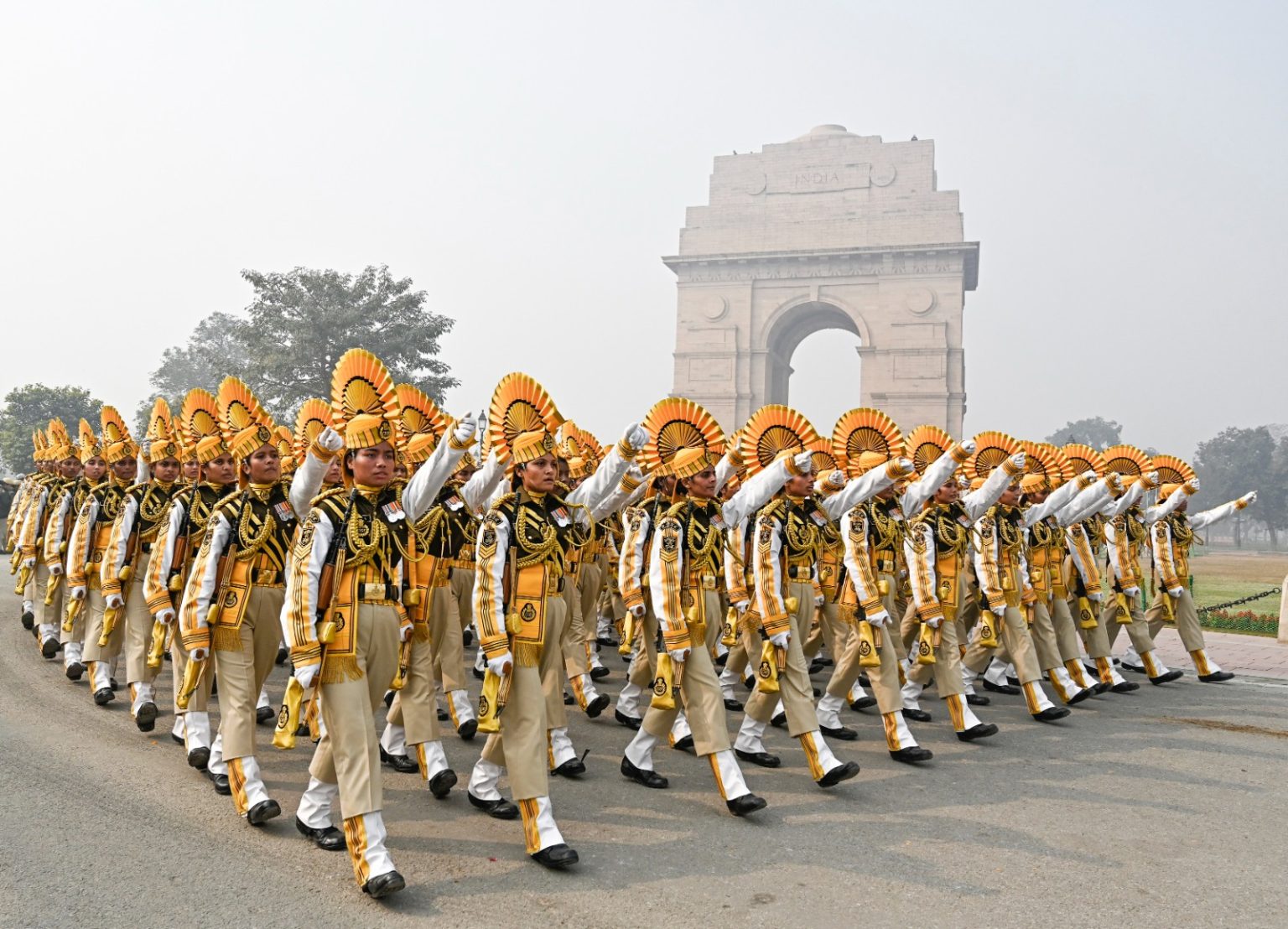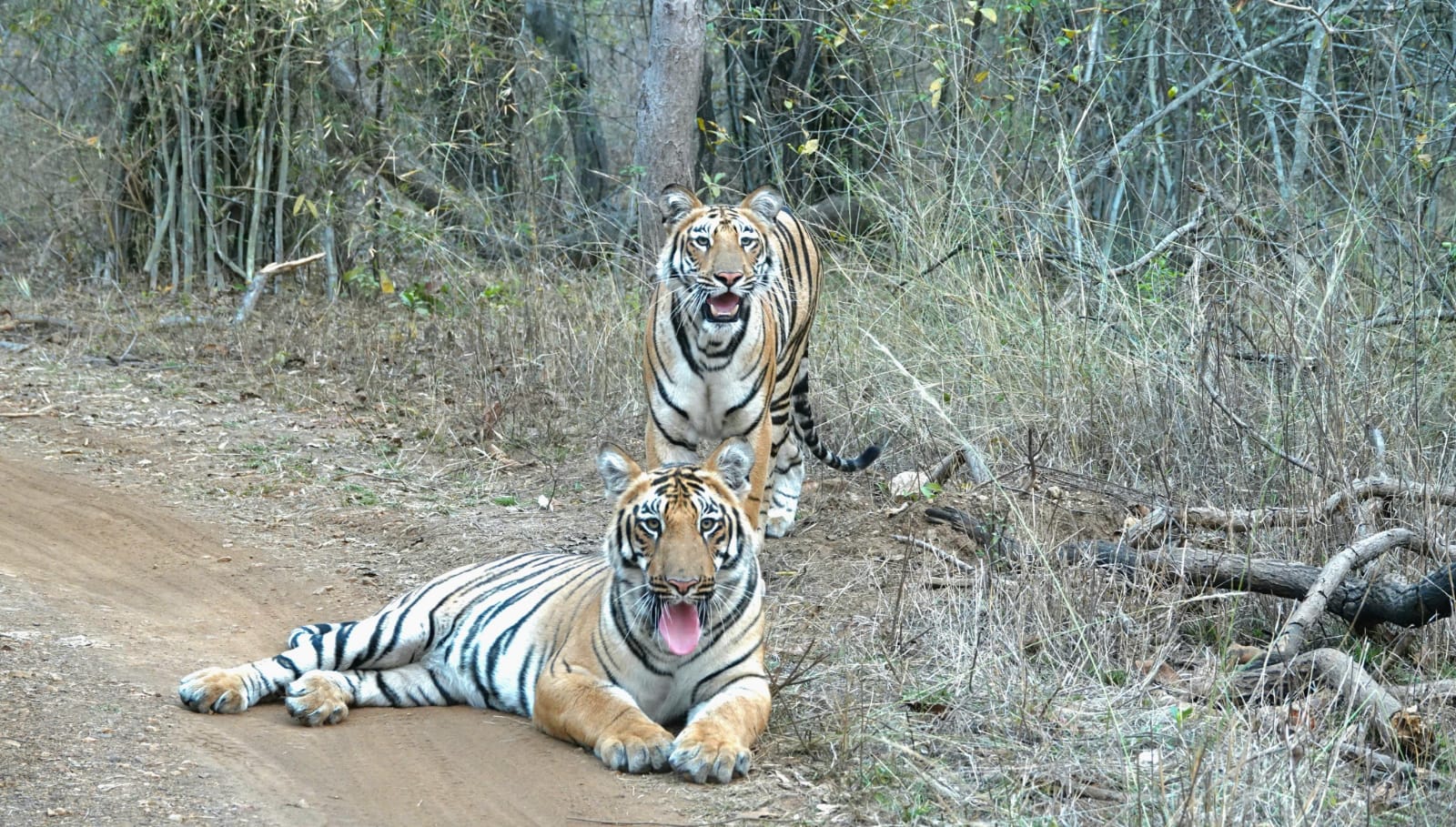The Uttar Pradesh Government has set up the world’s first conservation and breeding centre for the critically endangered Asian king vultures in Maharajganj. The centre has been specially designed for the preservation of these species.
Key highlights
- The centre, named Jatayu Conservation and Breeding Centre (JCBC), will work to increase the population of these species. The facilities at the centre include multiple aviaries, such as breeding, recovery, hospital, nursery aviaries, and more. It also has a food processing centre to prepare and check food for the vultures. Besides, it has an incubation centre for artificial egg rearing.
- The centre spreads over 1.5 hectares and falls under the Gorakhpur Forest Division. At present, the centre has a pair of male and female king vultures and will gradually see more vultures.
- The centre has a scientific officer as well as a biologist who will monitor the vultures. They will monitor health and breeding activities. The centre will provide the vultures with food twice a week.
- Asian king vultures are rarely found in UP. This is the primary reason why the government has planned preservation.
About Asian King Vultures
- They are also known as Red-headed vultures (Sarcogyps calvus) and Puducherry Vultures.
- They are among the nine species of vultures which are found in northern parts of India.
- They were found extensively in India and were a key member of the scavengers’ family. However, in the last few years, their population has decreased drastically, raising concerns for environmentalists and other stakeholders.
- Upon research, scientists found that the excessive use of diclofenac in domestic animals is the primary cause of the vultures’ untimely death. Diclofenac is a non-steroidal anti-inflammatory drug which is used as a veterinary medicine to treat domestic animals. This drug works as a poison for vultures who eat the flesh of domestic animals after their death. The government has put a complete ban on the use of diclofenac.
- Moreover, the habitat loss has also been identified as a cause of vultures declining population.
- Vultures maintain lifelong partnerships and lay only one egg in a year.
- The International Union for Conservation of Nature (IUCN) status- Critically endangered since 2007. It was in the ‘near threatened’ category in 2004.
- The vultures are protected under the Wildlife Protection Act 1972, Schedule I.
- India has vulture conservation and breeding centres that primarily focus on the preservation of long-billed and white-backed vultures.











